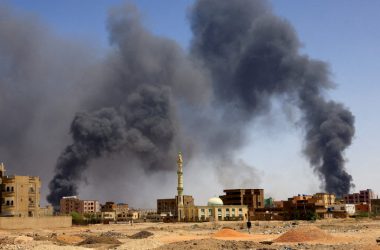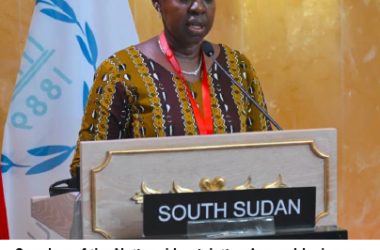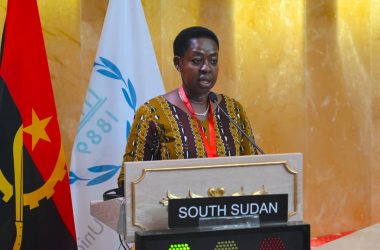By Kei Emmanuel Duku
African-led HIV Control Working Group (AHCWG), a think tank of African HIV and policy experts, has expressed concern over US President’s Executive Order impacting the President’s Emergency Plan for AIDS Relief (PEPFAR).
The group estimates the order could affect 26 million lives and another 20 million patients globally, with the majority of those affected residing in African countries.
Last month, Donald Trump, United States President issued the executive order, effectively halting PEPFAR, a global health fund launched in 2004 dedicated to combating HIV/AIDS.
Health experts argue that ceasing funding for such a program, without prior notice, jeopardizes the lives of millions dependent on its resources for managing HIV infections and preventing new transmissions, particularly among high-risk populations.
“While we recognize the power and rights of governments to make decisions regarding their foreign policies, decisions impacting the health of millions globally must be made with a clearly defined plan that fully considers all life-threatening implications,” stated the AHCWG.
The group further noted that the January 20th Executive Order has created confusion, panic, and uncertainty among United States Government-USG funding agencies and implementing partners due to the millions of people living with HIV (PLHIV) who rely on USG-funded health services.
The AHCWG added that the action has generated anxiety among HIV patients, especially those enrolled in emergency programs like pre-exposure prophylaxis (PrEP), which targets high-risk populations, such as adolescent girls, young women, men who have sex with men, sex workers, and other priority groups.
The AHCWG contends that health systems in many African countries were established and supported by PEPFAR funds, which have also aided other pandemic responses, including COVID-19, Ebola, and the recent Mpox outbreak. Halting these funds threatens already fragile and underfunded domestic healthcare systems.
Given the potential absence of US HIV/AIDS funding, the AHCWG urges African governments to re-evaluate the sustainability of their HIV programs.
They recommend increased allocation of domestic resources to mitigate HIV infections and spread.
“Now, during this emergency, African leaders must look inward for domestic solutions and funding. Increasing health investments through domestic resources and local solutions is crucial for the long-term health and well-being of millions across Africa,” the statement continued.
The AHCWG advocates for strategic collaboration between global stakeholders and African governments to build robust and self-sufficient healthcare systems, independent of foreign funding.




